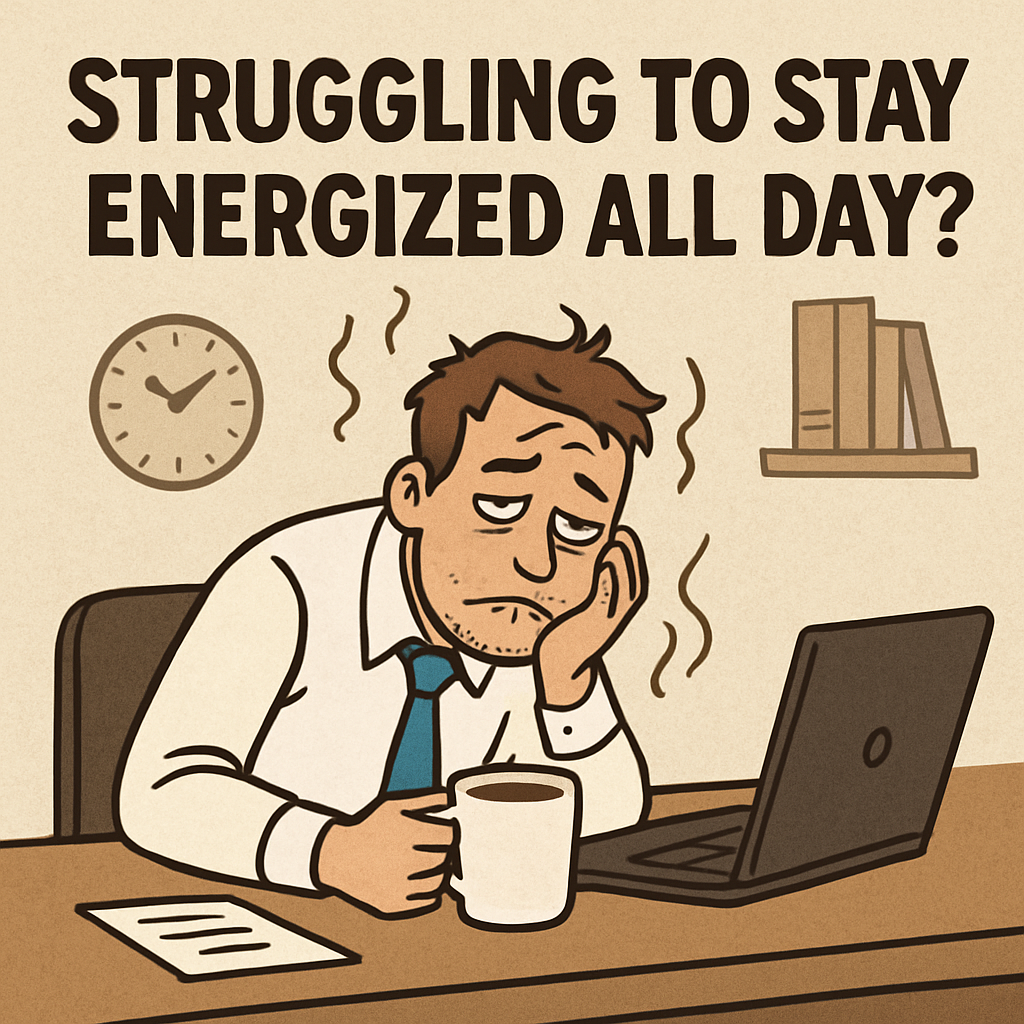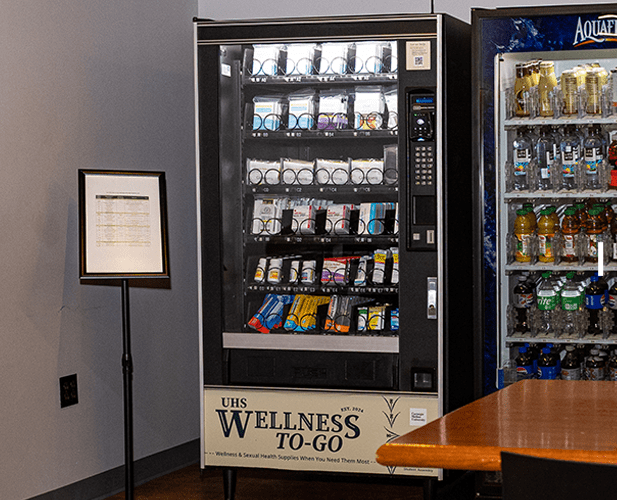Breast cancer is one of the most common types of cancer globally, affecting millions of women and men each year. While there is no guaranteed way to prevent breast cancer, certain lifestyle choices may help reduce the risk of developing this disease. In this article, we will discuss some habits and factors that individuals may consider avoiding to promote overall health and potentially lower their breast cancer risk.
1. Tobacco Use
Tobacco use is linked to numerous types of cancer, including breast cancer. Smoking can negatively affect the immune system and increase the risk of developing cancer in general. Research suggests that exposure to harmful chemicals in tobacco products may alter cell function, making them more prone to cancerous changes. Avoiding smoking and tobacco products, or quitting if you currently smoke, is a crucial step in improving overall health and reducing cancer risk.
2. Excessive Alcohol Consumption
While moderate alcohol consumption may have some health benefits, excessive drinking is a known risk factor for breast cancer. Studies show that alcohol can increase the levels of estrogen and other hormones in the body, which in turn can influence the growth of certain types of breast cancer. For women, the general recommendation is to limit alcohol intake to no more than one drink per day.
3. Unhealthy Diets
A diet rich in processed foods, unhealthy fats, and sugar can contribute to an increased risk of breast cancer. Diets high in red meats, processed meats, and unhealthy fats may promote inflammation and hormonal imbalances, both of which are linked to cancer development. On the other hand, incorporating a variety of fruits, vegetables, whole grains, and healthy fats (like those found in fish, nuts, and olive oil) can support overall health and may help lower cancer risk.
4. Obesity and Overweight
Being overweight or obese, especially after menopause, is associated with a higher risk of developing breast cancer. Excess fat tissue can increase estrogen levels, which may fuel the growth of hormone-sensitive breast cancers. Maintaining a healthy weight through regular physical activity and a balanced diet can help reduce the risk of many cancers, including breast cancer.
5. Lack of Physical Activity
Physical activity has been shown to help lower the risk of breast cancer. Engaging in regular exercise can help maintain a healthy weight, regulate hormones, and improve immune function. Aiming for at least 30 minutes of moderate physical activity, such as brisk walking or swimming, on most days of the week may offer protective benefits against breast cancer.
6. Exposure to Environmental Toxins
Certain environmental chemicals and toxins, such as those found in pesticides, plastics, and industrial chemicals, have been linked to an increased risk of breast cancer. These chemicals can disrupt hormone function and damage cells, contributing to cancer development. While it may not be possible to avoid all environmental toxins, you can take steps to minimize exposure by choosing organic foods when possible, reducing the use of plastics, and ensuring proper ventilation in areas with chemicals.
7. Hormone Replacement Therapy (HRT)
Hormone replacement therapy (HRT), especially when used for long periods, may increase the risk of breast cancer. While HRT can be an effective treatment for menopausal symptoms, prolonged use of estrogen and progesterone may contribute to the development of hormone-sensitive breast cancers. If you’re considering HRT, it’s important to discuss the potential risks and benefits with your healthcare provider to make an informed decision.
8. Delaying Childbearing or Not Having Children
Having children at a younger age, particularly before the age of 30, and breastfeeding may lower the risk of breast cancer. This is because pregnancy and breastfeeding reduce the number of menstrual cycles a woman experiences, which in turn lowers exposure to estrogen. While not all women are able to have children, understanding the potential protective effects of childbirth and breastfeeding can help inform reproductive choices.
9. Excessive Radiation Exposure
Radiation exposure, particularly at a young age, can increase the risk of developing breast cancer later in life. It’s important to minimize unnecessary exposure to radiation from medical procedures, such as X-rays or CT scans, unless they are medically necessary. Always talk to your doctor about the risks of radiation before undergoing any imaging tests.
10. Ignoring Regular Screenings
While not a direct risk factor, avoiding regular breast cancer screenings, such as mammograms, can delay the detection of cancer when it is most treatable. Regular screening allows for early detection of any abnormalities or signs of breast cancer, which can significantly improve treatment outcomes. It’s important to follow your doctor’s recommendations for screening based on your age and personal risk factors.
Conclusion
While it’s impossible to completely eliminate the risk of breast cancer, avoiding certain lifestyle choices can significantly lower the likelihood of developing the disease. By maintaining a healthy weight, staying active, consuming a balanced diet, and avoiding harmful substances like tobacco and excessive alcohol, you can take proactive steps toward a healthier life. Remember, regular checkups and screenings are key to early detection and improved outcomes. If you have concerns about your breast cancer risk, consult with a healthcare professional who can offer personalized advice and guidance.
Prevention and early detection are powerful tools in the fight against breast cancer. Stay informed, stay





